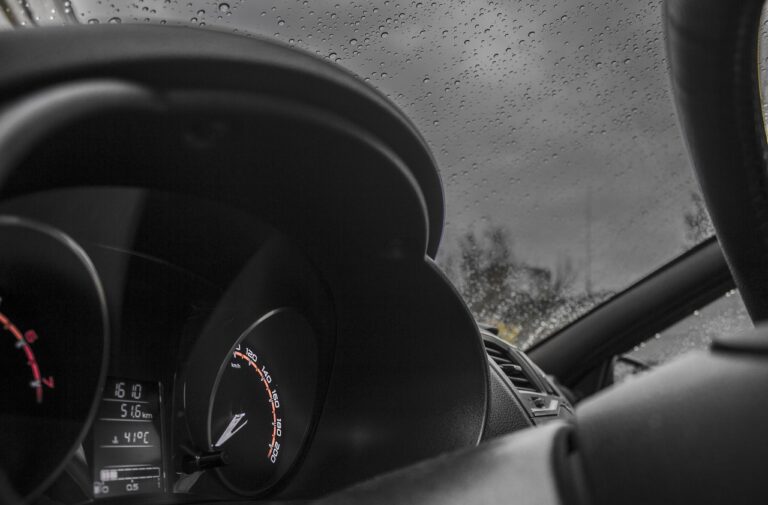Exploring the Role of Blockchain in Car Ownership Verification
Blockchain technology is a decentralized and secure digital ledger that records transactions across multiple computers. Each transaction is stored in a block that is linked to the previous one, creating a chain of blocks. This technology enables transparent and tamper-proof record-keeping, offering increased security and trust in various industries.
One of the key features of blockchain is its ability to create smart contracts, which are self-executing contracts with the terms directly written into lines of code. This automates and enforces the agreement between parties, reducing the need for intermediaries and streamlining processes. Blockchain has the potential to revolutionize industries beyond finance, including supply chain management, healthcare, and even car ownership verification.
Traditional Car Ownership Verification Processes
Traditional car ownership verification processes involve multiple steps to ensure the legitimacy of vehicle ownership. Typically, individuals must provide documents such as the certificate of title, registration papers, and proof of insurance to verify their ownership of a vehicle. These documents are essential for transferring ownership, selling a vehicle, or registering it under a new owner’s name. In some cases, additional verification steps, such as VIN inspections or notarized signatures, may be required to prevent fraud or disputes over ownership.
Moreover, traditional car ownership verification processes often rely on physical documentation, which can be cumbersome and prone to loss or damage. Additionally, the manual verification process can be time-consuming, leading to delays in transactions involving vehicle ownership. As technology advances, there is a growing need to streamline and digitize these verification processes to enhance efficiency, security, and transparency in the transfer of vehicle ownership.
Challenges in Current Car Ownership Verification Methods
One major challenge in verifying car ownership lies in the reliance on paper-based documentation. These physical documents are susceptible to loss, damage, or even forgery, leading to inaccuracies in ownership records. The manual verification process also tends to be time-consuming and labor-intensive, hindering efficient transactions and creating delays in ownership transfers.
Additionally, the lack of a centralized and secure database for ownership records complicates the verification process. The decentralized nature of ownership records across different entities can result in discrepancies and inconsistencies, making it difficult to obtain a definitive and up-to-date proof of ownership. This fragmented system not only increases the risk of errors but also makes it harder to trace the complete ownership history of a vehicle.
• The reliance on paper-based documentation makes verification susceptible to loss, damage, or forgery
• Manual verification processes are time-consuming and labor-intensive
• Lack of a centralized and secure database for ownership records complicates the verification process
• Decentralized nature of ownership records across different entities can result in discrepancies and inconsistencies
What is blockchain technology?
Blockchain technology is a decentralized digital ledger that records transactions across a network of computers. It ensures transparency, security, and immutability of data.
What are some traditional car ownership verification processes?
Traditional car ownership verification processes include documents like title certificates, registration papers, and insurance documents. These are typically paper-based and prone to fraud and manipulation.
What are some challenges in current car ownership verification methods?
Some challenges in current car ownership verification methods include the risk of document forgery, lack of transparency in the transfer process, and the possibility of data breaches leading to identity theft.
How can blockchain technology help improve car ownership verification?
Blockchain technology can help improve car ownership verification by providing a secure and transparent platform for recording ownership data. This can reduce the risk of fraud and streamline the transfer process.





